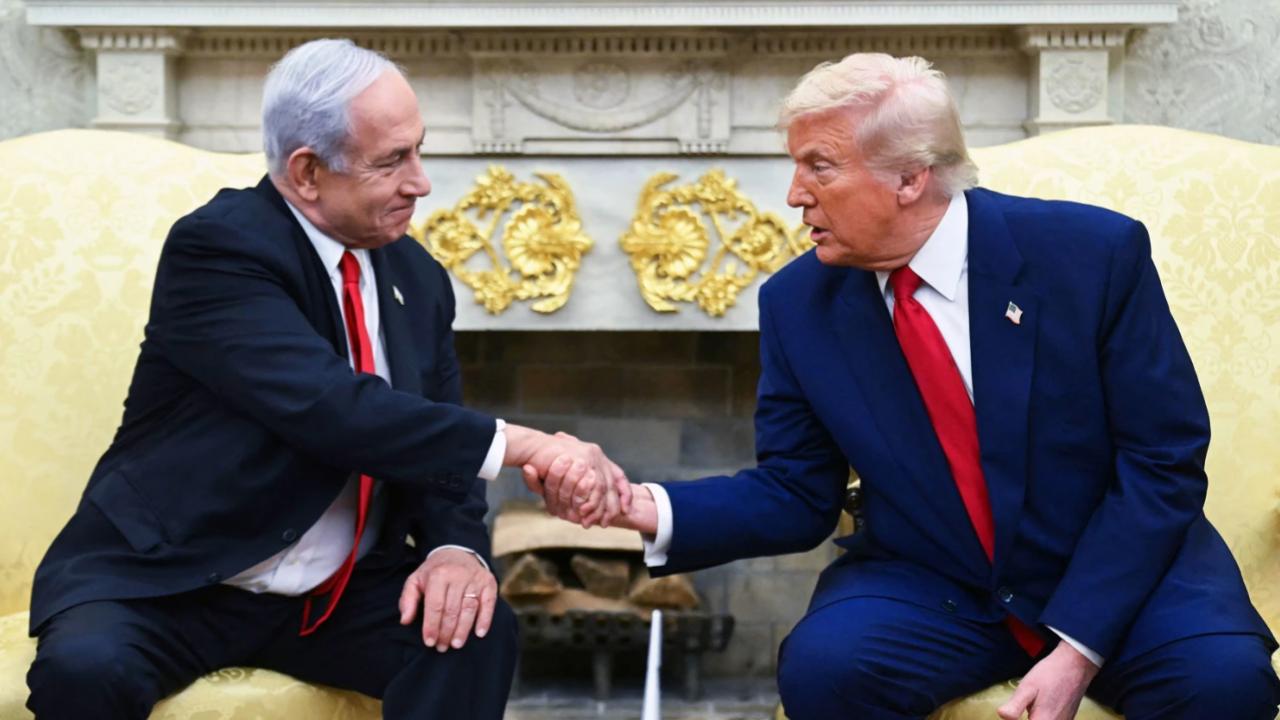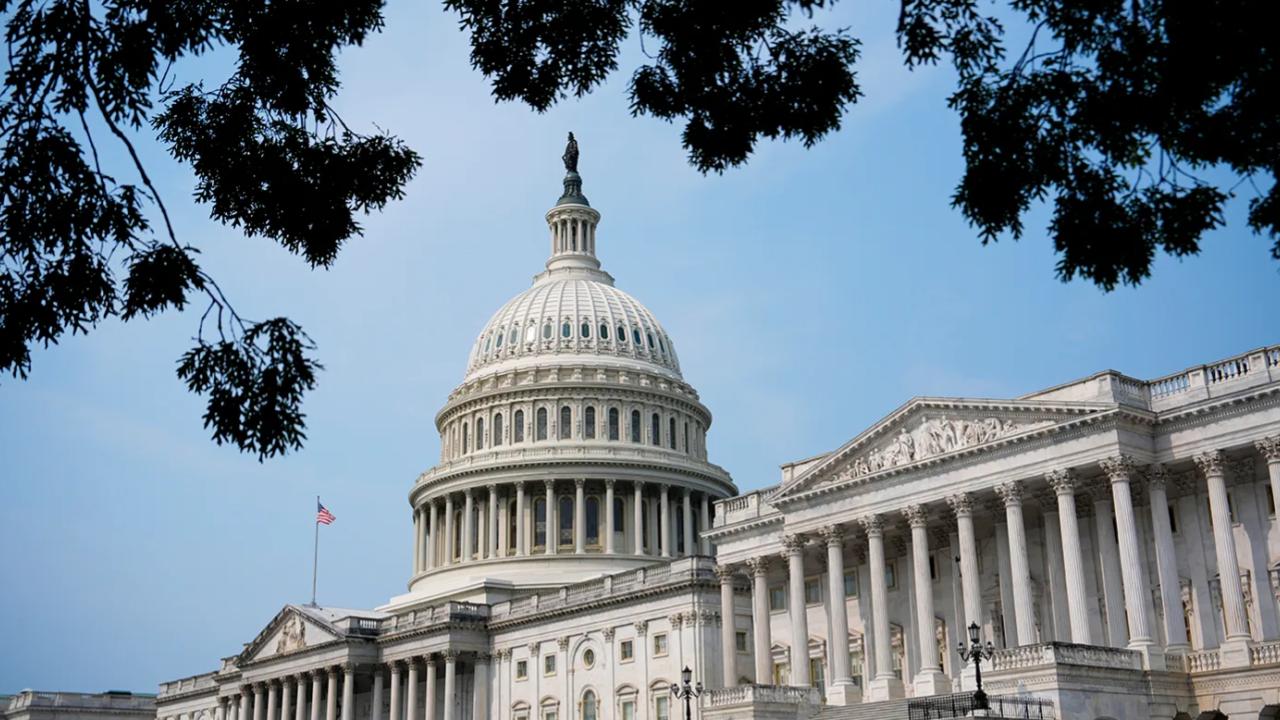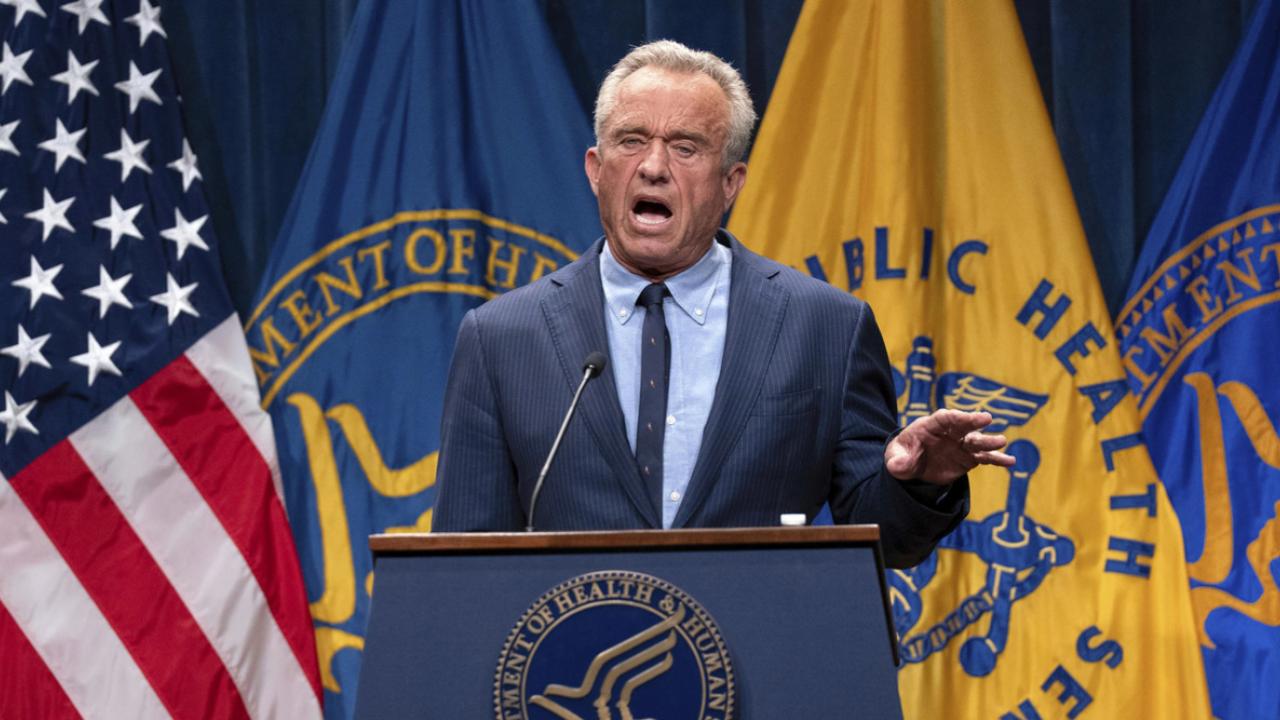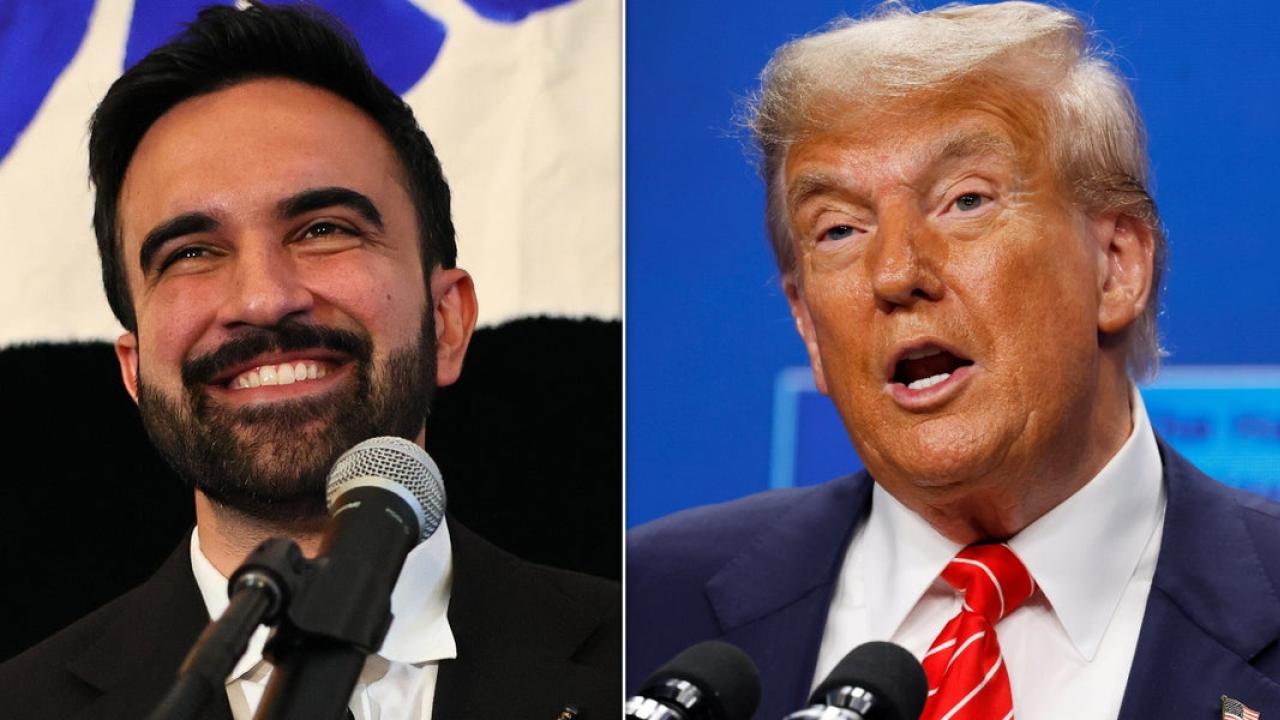In a surprising move that has left many in Washington buzzing, former President Donald Trump recently hinted at a potential shakeup in the U.S. Defense Department (DoD). Speaking at a rally, Trump suggested that he might rename the department should he return to the White House in 2024. This bold statement has raised a variety of questions about the future of the department and its role in national security. Could a name change be part of a broader effort to reshape U.S. defense policy? And what would such a change mean for military strategy, governance, and international perception?
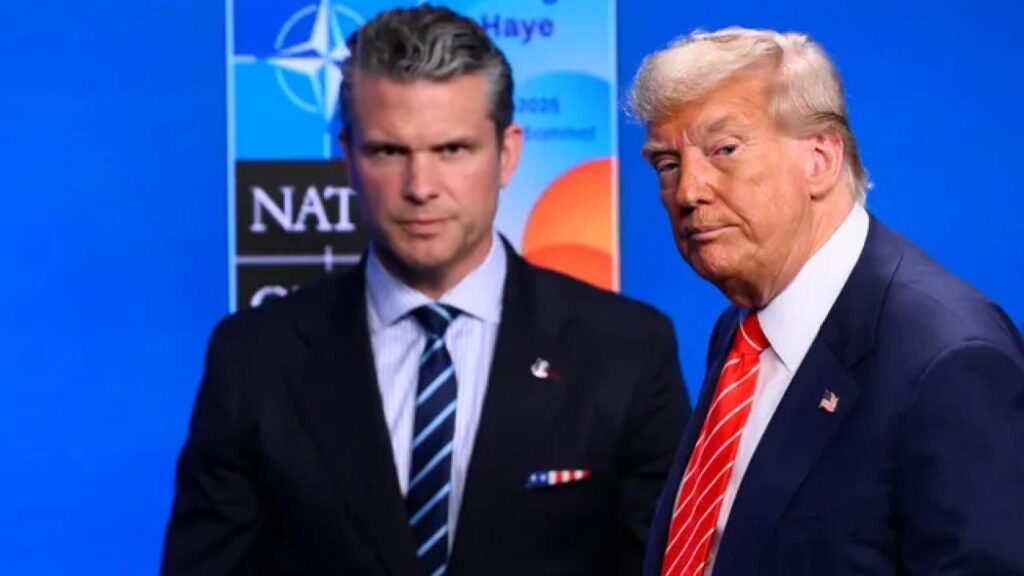
Could the U.S. Defense Department Be Renamed
| Takeaway | Stat |
|---|---|
| Trump’s proposal has sparked debates on U.S. defense policy | The DoD budget for FY2025 exceeds $800 billion |
| The U.S. military’s role in global defense could change | U.S. has over 750 military bases worldwide |
Trump’s Vision for U.S. Military Leadership
For Trump, a name change may not be merely cosmetic. Historically, the U.S. Department of Defense has been tasked with overseeing the nation’s armed forces and military strategy. But Trump’s potential move to rename it could signal a more drastic overhaul of military priorities. In the past, Trump has voiced criticism of the U.S. military’s global engagement, frequently advocating for a more “America-first” approach to foreign policy.
Renaming the Department of Defense could be an attempt to shift its image and reflect his broader goals for national security. According to sources close to his campaign, Trump is considering names like the “Department of American Strength” or “The Department of National Security,” aiming to redefine the department’s focus on defending U.S. interests both at home and abroad.
Is a Name Change Necessary?
Some defense experts question the need for a name change at all. For decades, the U.S. Department of Defense has represented a unified command overseeing all branches of the military—Army, Navy, Air Force, Marines, and Space Force. The department’s name has long been synonymous with the U.S.’s commitment to global security and peacekeeping. So why change it now?
In the eyes of critics, the DoD’s current mission isn’t broken and doesn’t require renaming. Instead, they argue, the focus should be on improving operational effectiveness, increasing transparency, and ensuring the department can keep pace with emerging threats such as cyber warfare and artificial intelligence.
However, those in favor of renaming the department believe it could help address public perception and bolster a sense of national pride. As former Defense Secretary Jim Mattis once pointed out, the military often serves as a powerful symbol of American strength and unity. A fresh name might underscore a renewed commitment to these ideals, particularly during a period of geopolitical uncertainty.
The History of U.S. Military Department Names
It’s important to remember that names in the U.S. military aren’t arbitrary. For instance, the U.S. Department of Defense was born out of a desire to unify military services under one umbrella. Before the 1949 creation of the DoD, separate branches of the military—such as the War Department and the Navy Department—were responsible for defense operations. The DoD’s creation was a recognition of the need for greater coordination during the Cold War.
Similarly, over time, other branches of the U.S. military have undergone name changes. The U.S. Air Force, for example, was only established as a separate branch in 1947, previously being part of the Army. Renaming the DoD might reflect changing priorities as the military adapts to new global challenges.
What Would a Name Change Mean for Defense Policy?
A name change could have a significant impact on defense policy. First and foremost, it would likely affect the DoD’s public image, both in the U.S. and abroad. The department would likely place greater emphasis on the protection of U.S. sovereignty and less on global peacekeeping. With tensions rising with countries like China and Russia, such a shift might signal a more aggressive stance in geopolitics, possibly reducing American military presence in countries with which it no longer shares clear strategic interests.
Internally, a rebranding could also affect the DoD’s focus on innovation and technology. Trump has been outspoken about the importance of advancing military technologies, especially in areas like cybersecurity and space exploration. By renaming the department, he might align it more closely with these future-oriented initiatives, positioning it as a leader in the 21st-century defense landscape.

How Would This Change Affect Military Personnel?
One of the most important aspects of any defense department change would be its impact on military personnel. For many members of the military, the DoD is not just an organization but a symbol of their service and dedication to the country. A name change could have mixed reactions within the ranks. While some might embrace the idea of a rebranding that better reflects national interests, others could view it as an unnecessary distraction from the core mission of defending the U.S.
Trump’s idea to shift the focus of the department toward “America first” could resonate with veterans and active-duty personnel who feel that military priorities should be more closely tied to protecting U.S. interests. However, critics might argue that such a change would fail to address the underlying issues of military readiness, personnel well-being, and the need for modernization across the armed forces.
Global Reactions to Potential U.S. Military Name Change
If Trump does push for a name change, the global community would undoubtedly take notice. The U.S. military plays a significant role in shaping global defense policy, and any shift in its leadership or strategy would send ripples throughout international relations.
Countries that are U.S. allies might interpret the name change as a signal of a more isolationist approach, particularly as the U.S. continues to re-examine its alliances, including NATO. Conversely, adversaries like China and Russia could view the move as a sign of an even more aggressive stance by the U.S., especially as tensions continue to escalate over issues like cybersecurity, trade, and military presence in the Pacific.
What’s Next?
While Trump’s proposal is still speculative, it’s clear that his administration would not be shy about making significant changes to the U.S. military’s structure and strategy. If he runs for and wins a second term, it’s likely that this idea—whether it materializes into a name change or something else—will be a key part of his broader defense and foreign policy platform.
One thing is certain: the debate over the future of the U.S. military is only just beginning. Whether the name of the Department of Defense changes or not, the way America approaches defense in the 21st century will continue to evolve.
FAQs
What does a name change for the U.S. Department of Defense mean for military policy?
A name change could signal a shift in focus toward more national-centric defense priorities, potentially reshaping U.S. military engagement abroad.
How would renaming the DoD impact U.S. relations with other countries?
Renaming the DoD could alter international perceptions of U.S. intentions, potentially signaling a more isolationist or nationalistic approach to foreign policy.
Would military personnel support a name change for the DoD?
Responses among military personnel would likely be mixed, with some supporting the idea of a rebranding that aligns with national interests and others seeing it as an unnecessary change.

